Portfolio Management
Who do you Trust?
As you pursue the goals that matter to you, your investment portfolio plays a crucial role.
Without an advisor with the proper training, credentials and registration, you may not benefit from the higher professional standard offered by a qualified Portfolio Manager. You may also spend a lot more money in excessive fees, trading cost and taxation than needed.
Have you considered working with a licensed Portfolio Manager? There are a number of advantages when comparing with most investment advisors or other salespersons:
The word “fiduciary” comes from the latin fiduciarius, meaning “something inspiring trust.” An advisor with fiduciaray duty must put client interests first, avoid conflicts of interest; assure that clients are not exploited; provide clients with full disclosure; and perform services prudently.
This sounds reasonable and one would expect this level of professionalism when dealing with a financial advisor. The problem is that most advisors in the Canadian financial industry operate under what is known as a “suitability standard” rather than working truly in a client’s best interests.
Currently, the only Canadian financial professionals who are under fiduciary obligations to act in the best interests of clients are those registered as portfolio managers with discretionary authority over their clients’ accounts.
Richard Vetter and Matthew Vetter both hold their Chartered Investment Manager (CIM) designations and are qualified portfolio managers.
Industry standards require portfolio managers to meet rigorous experience and educational standards in order to manage portfolios for higher net worth families, business and organizations. Along with extensive experience and a solid track record, successful completion of the courses required for the Chartered Investment Manager (CIM) designation qualifies an advisor to serve as a portfolio manager.
Traditional approaches to investment management have involved paying embedded fees. These included fees for investment management, administrative costs, compensation to the investment advisor or salesperson, sales taxes and various hidden trading costs. Despite the complicated disclosure documents you receive showing many of the fees you are being charged, it can still be confusing. This lack of clarity can lead to potentially excessive erosion on your wealth. That’s just not fair.
Because your goals are paramount and because we act truly in your better interests, we help you to build portfolios that are just right for you. We source the right investment management at very reasonable “wholesale” rates and we charge a reasonable fully disclosed fee for our services. Nothing is hidden.
As portfolio managers we follow a rigorous process to clearly understand the goals that matter to you , as well as your tolerance for risk. We do not engage in overtrading your account, as there is nothing to be gained in “chasing the market.” We also do not benefit financially when switching from one investment to another because we do not receive any commissions when acting on our investment recommendations.
There are many different objectives that we need to help you balance. For instance:
- Need for income from your portfolio as compared to the need for growth.
- Short-term savings objectives versus long-term goals.
- Tax-preferred Canadian dividend income versus regular income or realizing capital gains.
- Tax deduction or deferral opportunities.
- Asset allocation decisions when experiencing extreme volatility.
- Estate planning considerations.













